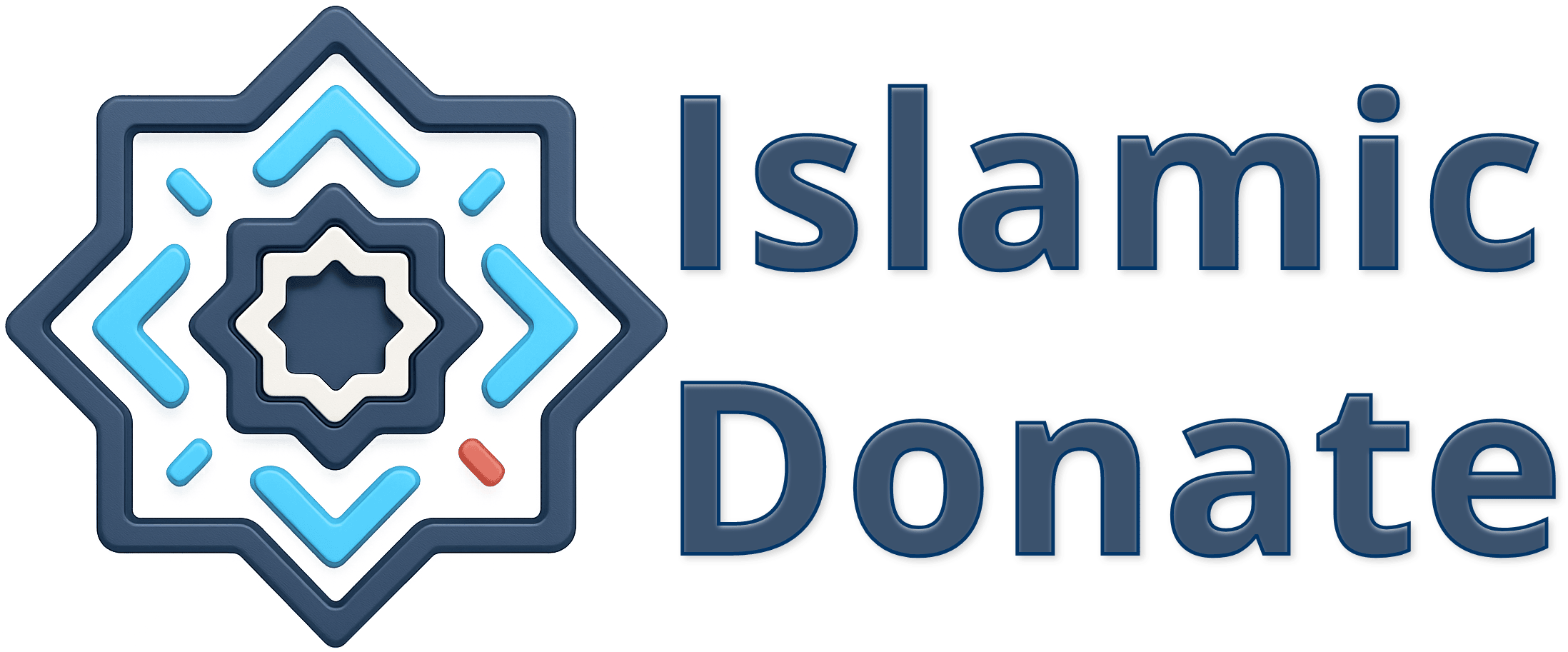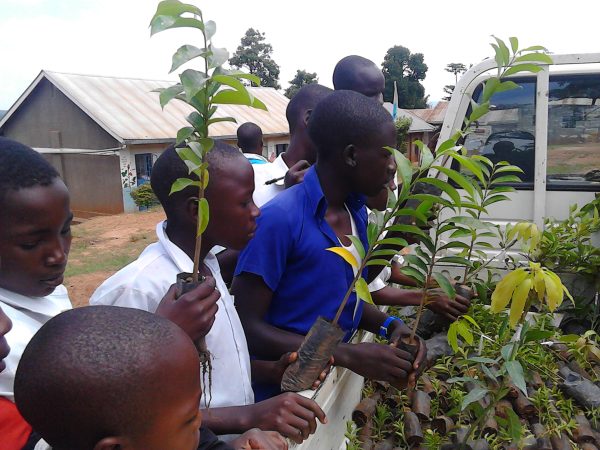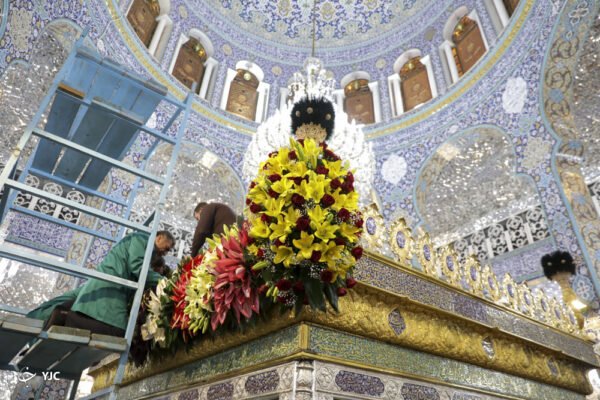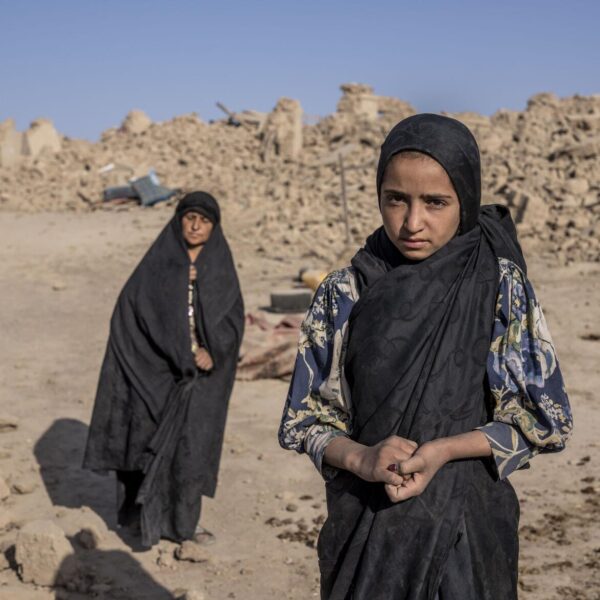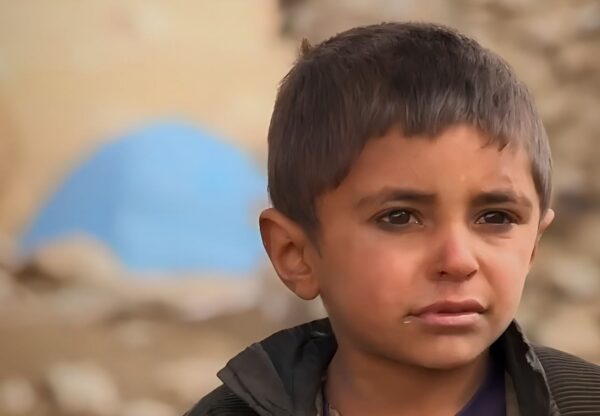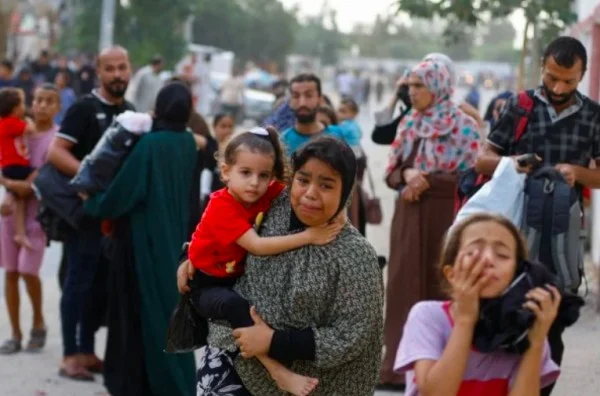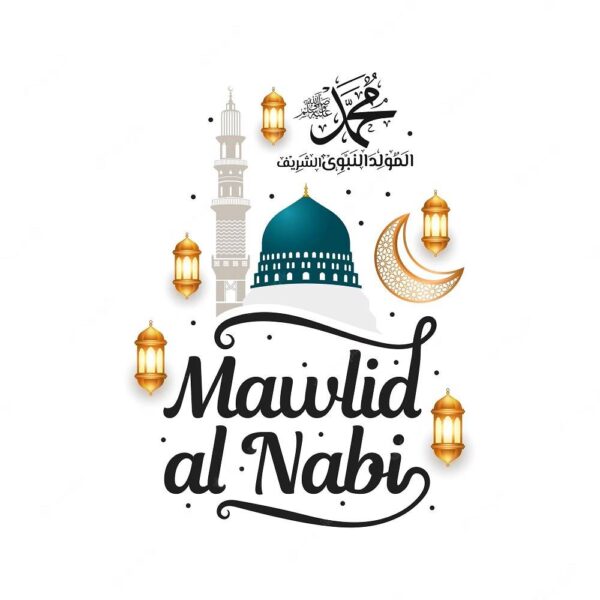In the serene embrace of our villages, where the rustling leaves sing in harmony with the flowing waters, lies the cradle of our environmental consciousness. On this International Day of Forests 2024, we, at Our Islamic Charity, extend our heartfelt gratitude for your unwavering support. Your donations have sown seeds of change, fostering a greener future for our cherished native landscapes.
The Heart of Our Habitat: Valuing Native Trees
Native trees are the pillars of our ecological heritage, deeply rooted in the cultural and environmental fabric of our region. They are the custodians of biodiversity, providing shelter and sustenance to myriad forms of life. Through your contributions, we have embarked on a journey to reintroduce and protect these natural guardians, ensuring they continue to thrive and support the intricate web of life that depends on them.
Cultivating Community: Reviving Village Forests
The revival of our village forests is a testament to the collective spirit of our community. Your generosity has enabled us to organize gatherings aimed at rejuvenating these green havens. These meetings are a melting pot of ideas, where villagers, experts, and enthusiasts come together to chart a sustainable path forward. By planting new trees and caring for the existing ones, we are breathing new life into our forests, one sapling at a time.
Empowering the Young: Educating on Tree Stewardship
The youth are the future stewards of our environment, and educating them on the importance of tree maintenance is pivotal. Thanks to your donations, we have initiated programs to teach the younger generation the art of arboriculture. These hands-on sessions are not merely lessons in tree care; they are classes in responsibility, nurturing a sense of ownership and pride in the natural treasures that surround their homes.
On this International Day of Forests 2024, let us reaffirm our commitment to preserving the lush tapestry of our forests and waters. Your donations are more than just monetary contributions; they are the lifeblood of our environmental initiatives. Together, we can ensure that the legacy of our forests and waters remains a vibrant and vital part of our villages for years to come. Let’s continue to donate, protect, and educate, for the love of our planet and the well-being of our communities.

